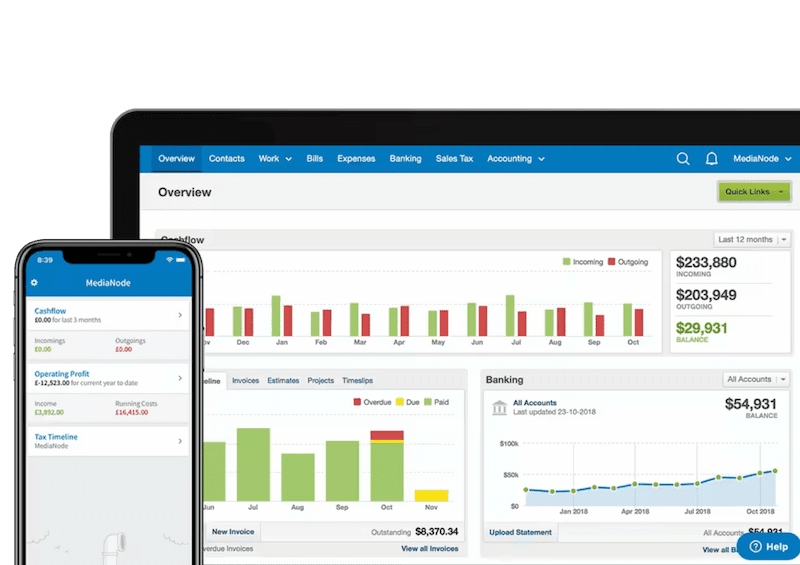Welcome to our Top Tax Tips for Directors series, where QPS Accountancy’s lead accountant, Matthew Ryan, shares expert advice to help you run your limited company efficiently while keeping your tax bills as low as possible.
Taking a salary through your Ltd company
In this first tip, we’re looking at one of the most tax-efficient ways to withdraw money from your business: paying yourself a salary. By structuring your income correctly, you can reduce your tax liability, save on Corporation Tax, and make the most of your company’s profits. Matthew talks us through how it works:
Setting up a salary
As a director, you can pay yourself a salary through your company’s payroll. The recommended approach is to set your salary at or below the personal tax-free allowance, which for the 2024/25 tax year is £12,570. This means you can receive this amount without paying any Income Tax.
The tax benefits
- Reducing corporation tax – Salaries are a deductible business expense, meaning they reduce your company’s taxable profits, ultimately lowering the amount of Corporation Tax the company has to pay.
- Avoiding unnecessary tax – If your salary stays within the tax-free allowance, you won’t pay Income Tax on it, making this an efficient way to withdraw money from your business.
- Topping up with dividends – Beyond your salary, you can take additional income as dividends, which are taxed at a lower rate than standard income.
Why combine salary and dividends?
Taking a low salary and topping up with dividends is a strategy widely used by directors because:
- Dividends are not subject to National Insurance Contributions (NICs).
- They are taxed at 8.75% for basic rate taxpayers (compared to 20% Income Tax on salary).
- The company only pays Corporation Tax on profits before dividends are distributed.
Speak to an accountant
While this is a commonly recommended approach, everyone’s financial situation is different. It’s always advisable to consult with an accountant to tailor the strategy to your circumstances and ensure compliance with HMRC rules.
We’re always happy to offer advice here at QPS Accountancy, so if you have any questions about maximising your tax efficiency, don’t hesitate to get in touch with us:






